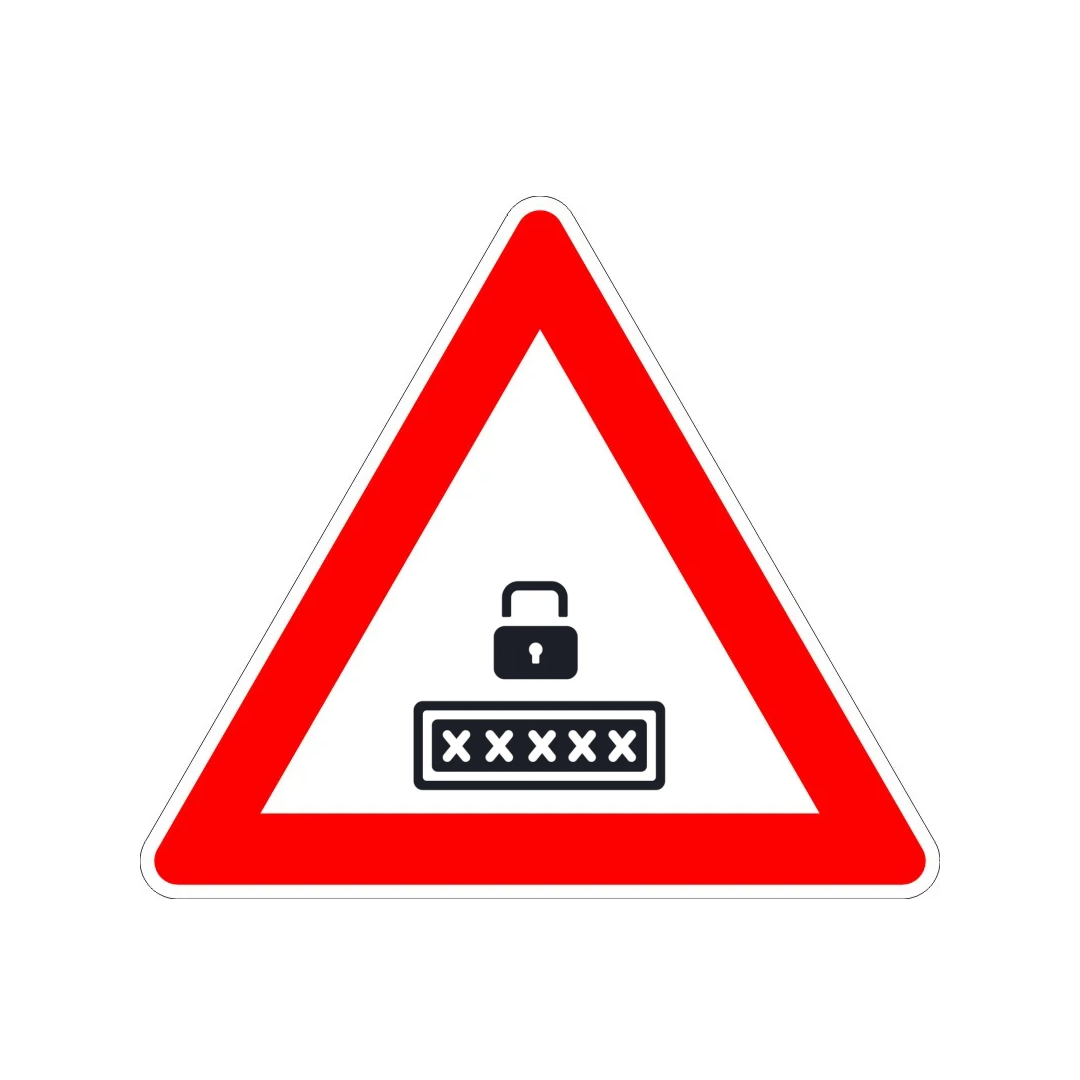Year of Cyber - Phishing

Phishing – would you spot it? Don’t be a victim.
Trials conducted suggest that we are not as good at spotting phishing as we think we are. In a survey nearly 90% thought they could spot a phishing email leaving around 10% not sure. However, in a recent exercise 20% failed to spot an obvious one - clicking on the links which could have potentially downloaded malicious software.
The cyber hero is an employee, who thought the email looked suspicious and forwarded it to IT Department - all within the first minute. Would you have fallen for the emails? The concern for organisations is that with one in five taken in by this simple phishing email it implies that more carefully crafted are likely to get through.
The bottom line: we all need to be more vigilant.
Social engineers will try to manipulate us to get what they want. Phishing is one of those ways – and it presents a serious threat to organisations as well as to us in our personal lives. This is the seventh in the Year of Cyber articles to help you use cyberspace safely at work and at home.
Simple points to remember:
1. If you think an email is suspicious, at work forward it as an attachment to your IT Department or at home forward it to report@phishing.gov.uk and delete from your Inbox using Shift-Del (so it won’t be in your Deleted Items). If you think you have opened something by mistake, then report it at once. Never reply to spam email.
2. If unsure, don’t click on any links or open attachments. Use Favourites for websites you visit often.
3. Never reply to spam email.
Would you have fallen for this?
We recently sampled several personnel to get a view of how vulnerable we might be to a phishing attack. While most staff are confident that they would spot a phishing email, the trial showed how easily many are taken in – although being summer holidays a lot of emails were probably unopened.
What is phishing?
Email is great for communicating, but it can be used to send junk mail (spam) or malicious phishing emails which entice you to give away information or download malware. Social engineers will construct an email carefully to encourage you to act on it. This might be about a parcel delivery or invoice that you weren’t expecting, or perhaps an offer of a discount, or something about a system upgrade inviting you to enter your details. There might also be a degree of urgency – suggesting that if you don’t respond now then your account will be closed, or you will lose a discount. The common thread is to get you to open an attachment (which may contain malware which will then infect your system) or click on a link (which may infect your system with malware, or may ask you to enter your details, including passwords).
Unfortunately, phishing attacks can be very well crafted, which can make them hard to spot, and may include logos to make you think they are from legitimate sources (such as HMRC, banks, parcel delivery firms). Or they might use a slight variant of a name – one colleague spotted that an email was from “paypai” rather than “paypal”, which isn’t immediately obvious from a quick glance. Phishing can also be very carefully targeted (“spear-phishing”) using information about you gained from social media or even business cards.
What is the Risk?
If you enter information on a link in a phishing website, you are giving the information away to whoever owns that website. So, if you enter your bank login and password then the phisher can pretend to be you and empty your account or use the information you have provided for identity theft. Even if you don’t enter any information, simply by visiting the website linked in the email or opening an attachment may result in malware being downloaded on to your device – and in the case of a network this may mean other users are affected, and that the malware can access any information on that network.
The risk is serious. There have been some very well-crafted phishing attacks which have targeted employees, as well as more general phishing campaigns. And anyone can be a target – everyone really is in the front line in cyberspace.
Remember that no system can ever be completely secure – anti-virus and spam checkers can’t identify everything. Most phishing emails achieve success quickly: the recent trial conducted by the Year of Cyber resulted in several clicks within a minute of the email being sent – too soon for any external reporting to identify the risk.
So, what can I do?
If you think an email is suspicious, at work forward it as an attachment to your IT Department or at home forward it to report@phishing.gov.uk and delete from your Inbox using Shift-Del (so it won’t be in your Deleted Items). If you think you have opened something by mistake, then report it at once. Never reply to spam email.
Were you expecting the email? If it was unexpected and you haven’t ordered anything, treat it as suspicious. If you know the sender, contact them to check it is real. If it is about a system upgrade, have you seen anything about this on the Internet? Does the email ask you to disclose information?
Are any links what you would expect? Are they to external websites? Could they be misleading in some way? A common ruse is to put the purported sender somewhere within a website address, so it looks plausible but not quite right. Alternatively, hovering over an address with your cursor might show that what you see in the email is not the same as the actual address it will take you to. Avoid clicking on links in emails - use Favourites for websites you visit often.
If it sounds too good to be true, then it probably is. Are you being asked for more information than you would expect to get that discount? Don’t make purchases or charity donations in response to unsolicited spam emails – they can be scams.
Never reply to spam email – that confirms that your email account is live and may result in you getting more spam in the future. Don’t enter organisational usernames or passwords on external websites and take care with the information you give out on social media or at events.
Remember that you are personally responsible for securely handling any assets entrusted to you – this includes information. If you have any concerns or think you may have been the target of a phishing email, then report any concerns immediately to your line manager or Information Security Officer, including loss or possible compromise of information.
Get Safe Online has good advice to help you protect yourself against phishing.
Reporting
The advice in this article underscores the necessity of consulting cyber security experts, such as Cybercentry, for addressing any cyber security incidents in both personal and professional contexts. Reporting concerns promptly to the relevant authorities is crucial for a swift response and safeguarding against potential threats.
Share











